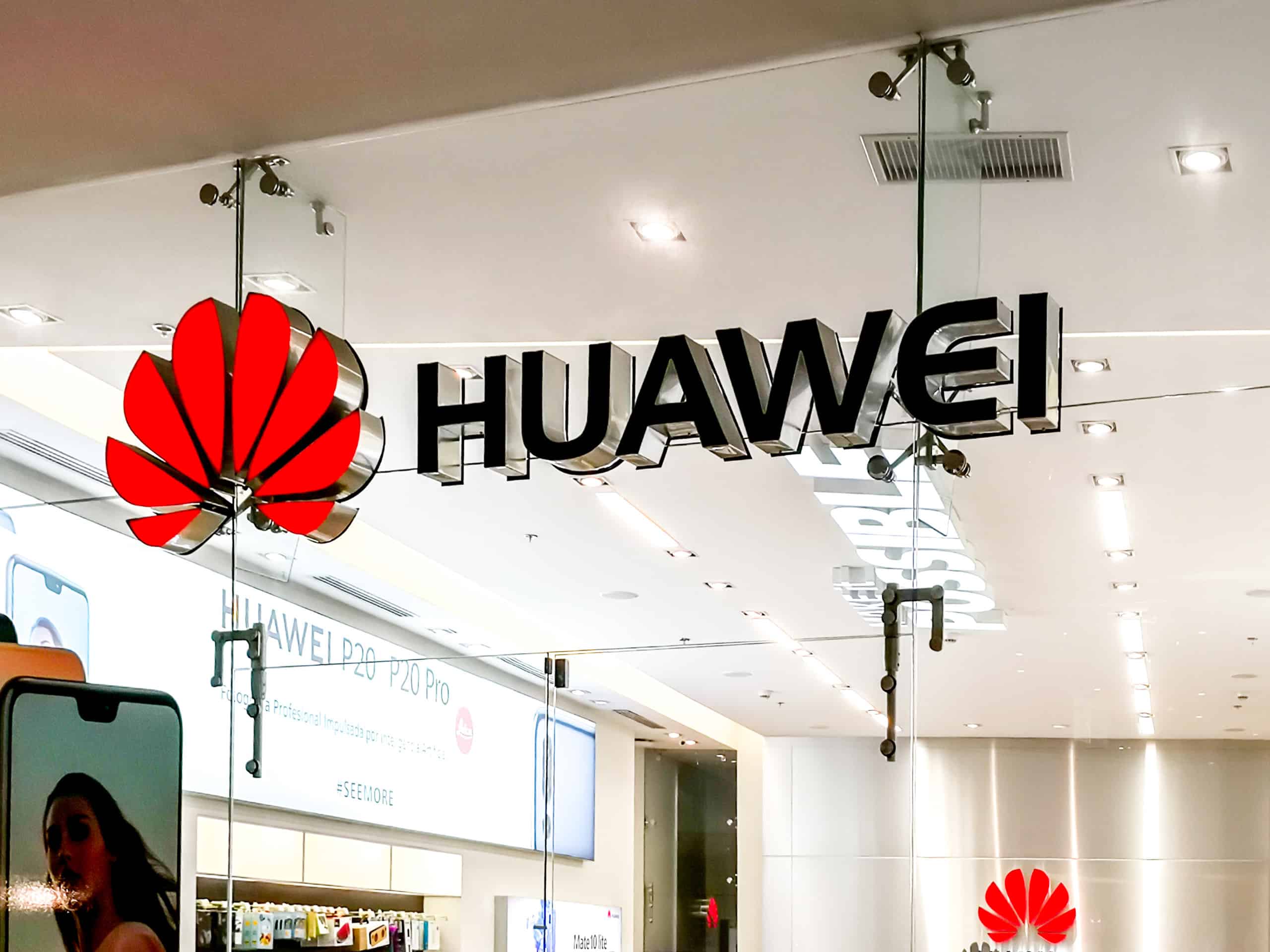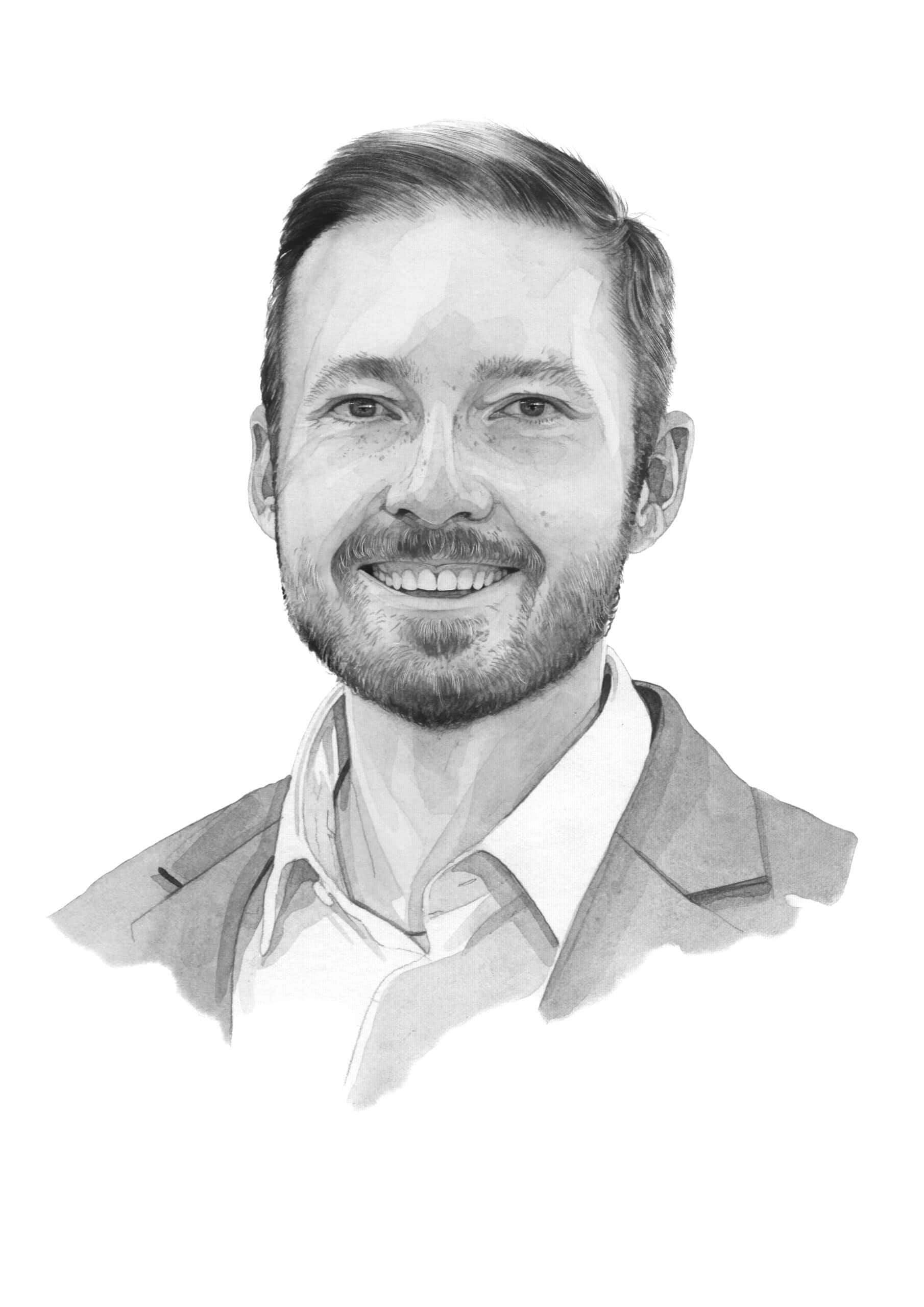Steve Tsang is the Director of the China Institute at SOAS University of London. He is the co-author of a new book with Olivia Cheung titled The Political Thought of Xi Jinping, which offers a lucid analysis of China’s official political doctrine since 2017. In this lightly edited Q&A, we discuss the importance of studying Xi Jinping Thought, its shortcomings, and what Tsang’s findings reveal about Xi’s vision for China’s economy and relationship with the world.
Steve Tsang.Illust
Navigate China's Business Landscape with Confidence.
- Gain visibility into supplier risks
- Easily manage trade compliance
- Conduct in-depth due diligence



